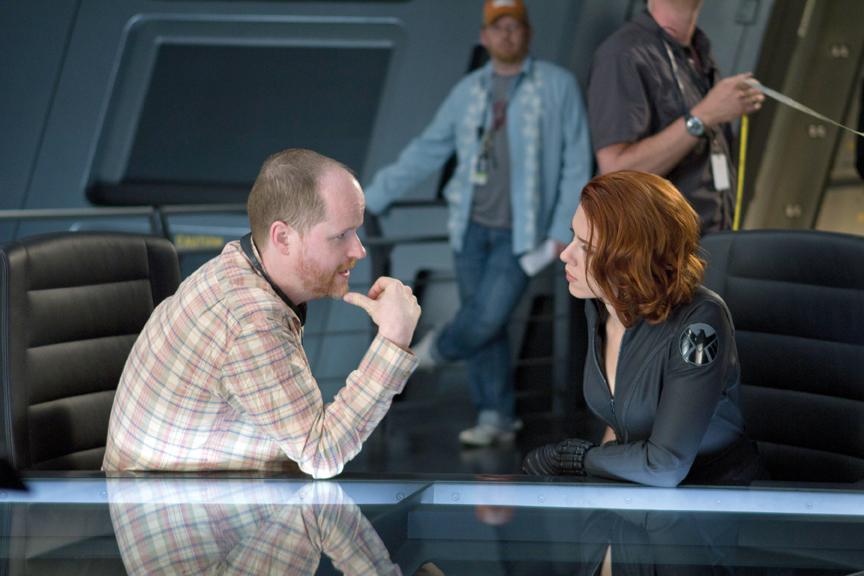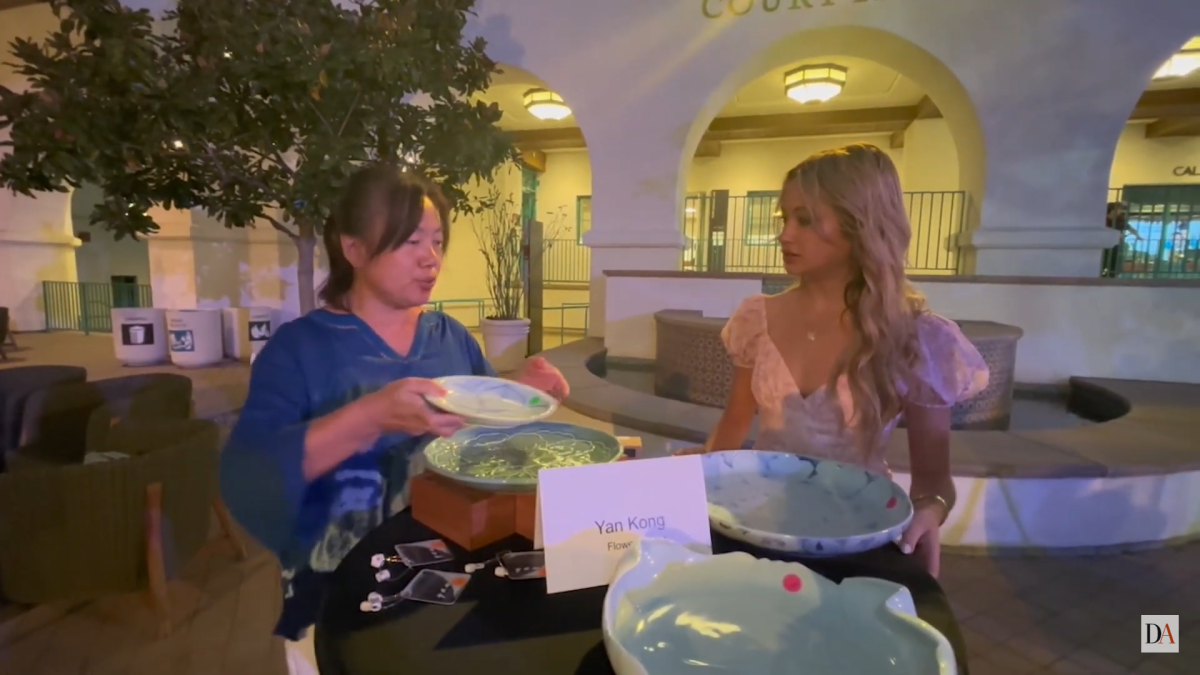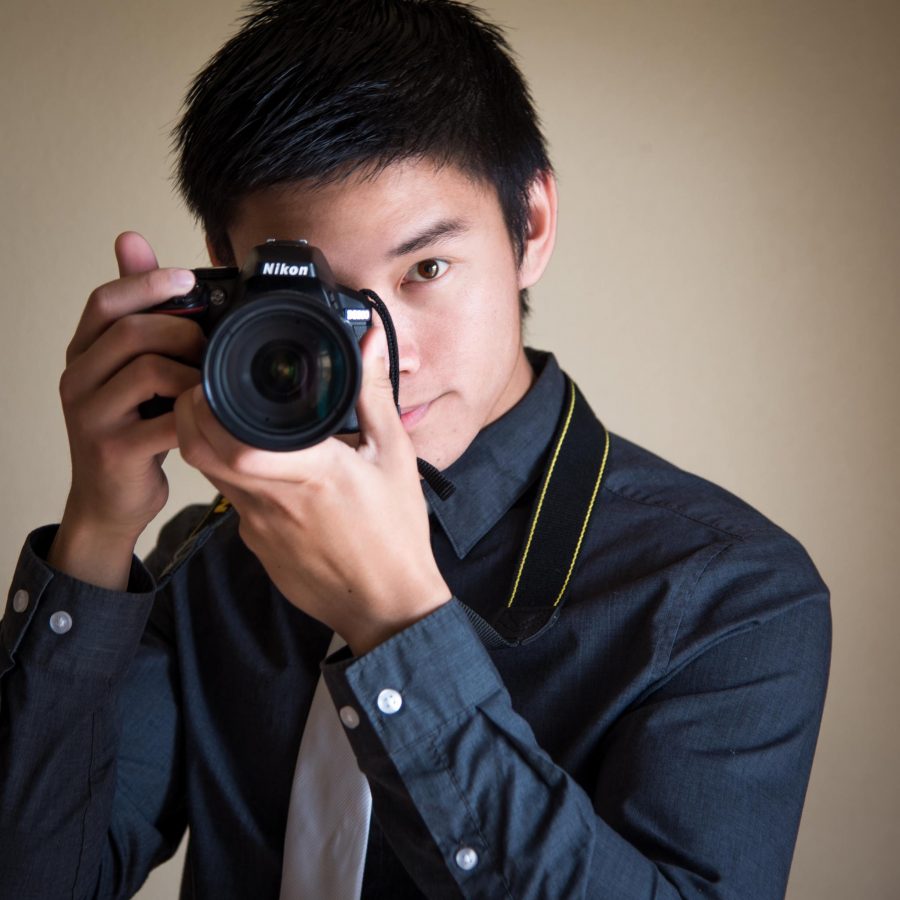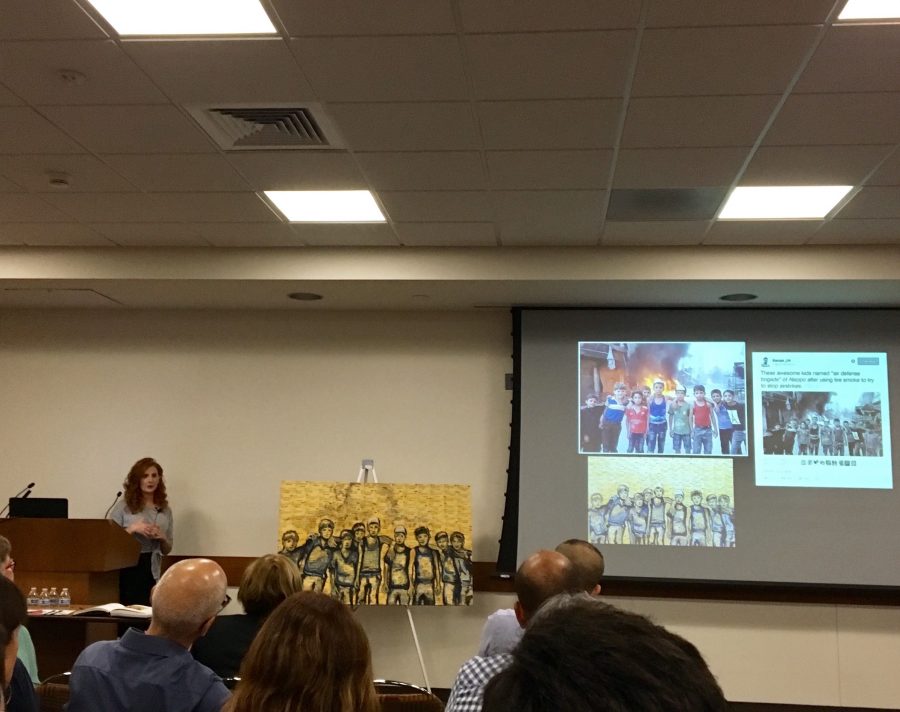
Five films and four years into arguably the most complex movie marketing scheme in history, Marvel Studios is set to unleash supra-franchise “The Avengers” on May 4. However, the shrewdest business decision Marvel made was to hire writer-director Joss Whedon to helm the superhero collective. Whedon, whose bona fides include “Buffy the Vampire Slayer” and “Firefly,” possesses Comic-Con credibility while commanding critical respect for his work. Whedon spoke to The Daily Aztec about directing with his own style, seeing out of his left eye and why he won’t direct a movie based on Parcheesi.
The Daily Aztec: Because Marvel is attempting to create an interlocking film universe, did you feel the need to maintain a directing style and aesthetic similar to the work of the other Marvel Studios directors?
Joss Whedon: There’s no way you could make a movie that looked like a Jon Favreau, Kenneth Branagh, Joe Johnston, Louie Lettieri movie. You have to take from each of them the thing that is useful and will jive with the rest of them. I do think the DNA of the Marvel movie begins with “Iron Man,” and that’s very grounded in the real. I tend to be a tiny bit florid with my camera work and my dialogue, but hopefully in a way that feels like a realistic version of a comic book universe.
So it is the way that I can reconcile the different styles. My own style is actually kind of smack dab in the middle of what all those guys do. Therefore it plays.
DA: “The Avengers” is based on S.H.I.E.L.D. director Nick Fury (Samuel L. Jackson) trying to unite heroes with extraordinary powers and egos. Did you feel like Nick Fury, trying to bring the actors together in a team concept and how did you handle creative differences in this type of situation?
JW: I felt very much like Nick Fury. He is, you know, he’s the director of S.H.I.E.L.D., literally, and that puts him at a remove from everybody, even if he likes them. He knows he’s putting them in harm’s way. Hopefully I’m not putting my actors in harm’s way. Hopefully I’m not even making them uncomfortable, but, I’m not nearly as intelligent or manipulative as Nick, and I didn’t have as many problems because my actors actually wanted to be together. They enjoy each other.
But you do feel that responsibility that you’ve gotta get all of these people to give their best. You know, for him it’s in battle and for me it’s when we’re rolling, to really come up with their best stuff and play off each other as well as possible. And you have a great responsibility to service them with your camera at the same time. So definitely felt some of the pressure, but I can see out of my left eye.
DA: Is there something about “The Avengers” that resonated with you during your childhood that you were able to bring to this movie?
JW: Well, the fact that “The Avengers” are all really, really messed up people, I think is a fine reflection of me. With “The Avengers” itself, the thing that I loved was that it, the comic books, it was a little bit steeped in science fiction that Marvel was known for its gritty realism, and Spider Man was sort of the template for, oh, they could just be people in New York.
And even though the Avengers made their home in New York, they were so often out in that space and dealing with artificial intelligence and grand beings from another world, and gods and monsters. And I love that element. That’s definitely a part of the film.
DA: College students have a lot of summer movie options. What makes “The Avengers” stand apart from other summer blockbusters?
JW: I think “The Avengers” is the kind of movie that I grew up wanting to make and thought they had stopped making. When I grew up, the summer movie was literally created as a concept, and all my life I wanted to do something like that, something like the first “Indiana Jones.” Something that was steeped in character, in love of the genre that it was portraying, had intelligence, had real acting, had a story that unfolded and wasn’t just a sort of big premise that you already knew going in, or isn’t based on, you know, Parcheesi or something just because it has a name.
More and more summer movies have felt a little cynical. There are very, very, big exceptions to that, but that has been the case when people throw so much money down. They’re not interested in a story, they’re interested in, in just barraging you with excitement and imagery and brand names. And Marvel doesn’t operate that way. They care about the people. That’s why they hire some of the best actors in the business to play their heroes and this is an old-fashioned movie. It’s a little bit bigger than life, but it’s very human.
DA: What advice would you give to any student with ambitions of one day sitting in the director’s chair?
JW: My advice would be sit down. Now you’re in the director’s chair. We live in an age where anybody can make a movie. If you have a phone, you can make a movie. OK, maybe not a huge movie, maybe phone-sized, but it’s there. When I came up, you wrote a script, and you hoped and hoped. Or you raised enough money to make a short film. Things are different now and the best way to get your work out there, not just as an offering to somebody else to hope they’ll make it, but to show yourself as a filmmaker, and to learn as a filmmaker is just make movies. There’s no excuse not to now.







